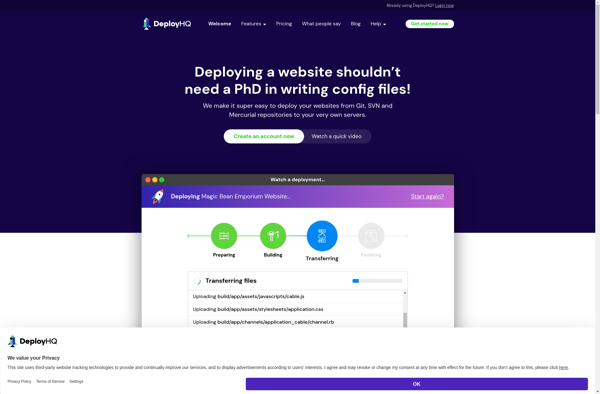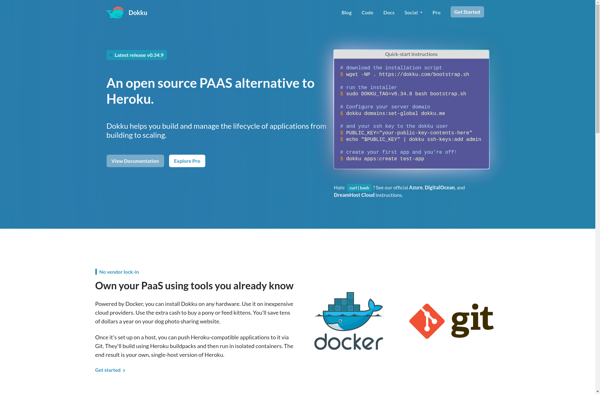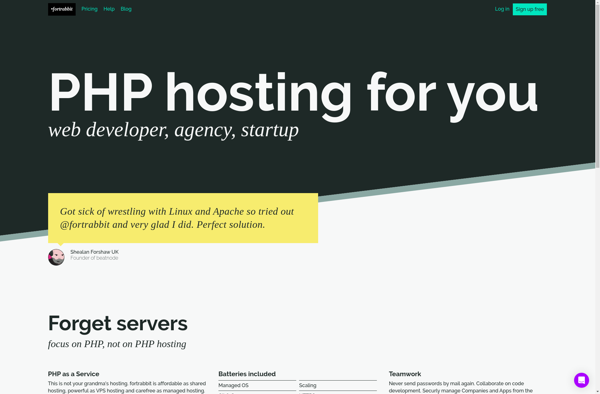OpsCaptain

OpsCaptain: Comprehensive IT Operations Management Platform
OpsCaptain provides visibility and control across infrastructure and applications, enabling teams to monitor, alert, troubleshoot, and take automated actions through a single pane of glass.
What is OpsCaptain?
OpsCaptain is an IT operations management platform designed to provide complete visibility and control across infrastructure, applications, logs, and metrics. It brings together monitoring, automation, alerting, troubleshooting, and reporting into a single, easy-to-use platform.
Key capabilities and benefits of OpsCaptain include:
- Infrastructure monitoring for servers, containers, networks allowing teams to quickly detect and respond to issues
- Application performance monitoring to monitor end-user experience and quickly pinpoint application bottlenecks
- Log aggregation and analytics for troubleshooting and security investigations
- Metric collection, correlation, and visualization to spot trends and anomalies
- Intelligent alerting with automatic event correlation to prevent alert storms
- Automated remediation actions through integration with popular ITSM and DevOps tools
- Custom dashboards tailored for different users - developers, IT ops, business teams
- A single unified platform and interface replacing the need for multiple monitoring tools
With advanced analytics-driven capabilities, OpsCaptain enables modern IT teams to move from reactive firefighting to proactive service assurance across cloud, on-prem and hybrid environments.
OpsCaptain Features
Features
- Real-time monitoring and alerting
- Automated incident response and remediation
- Centralized infrastructure and application visibility
- Customizable dashboards and reporting
- Integrations with popular tools and services
- Scalable and highly available architecture
Pricing
- Subscription-Based
Pros
Cons
Official Links
Reviews & Ratings
Login to ReviewThe Best OpsCaptain Alternatives
Top Network & Admin and It Operations Management and other similar apps like OpsCaptain
Here are some alternatives to OpsCaptain:
Suggest an alternative ❐Heroku

OpenShift

Google App Engine

DeployHQ

Qovery

Cloudways

Dokku

Cloud 66

Fortrabbit

Scalingo
